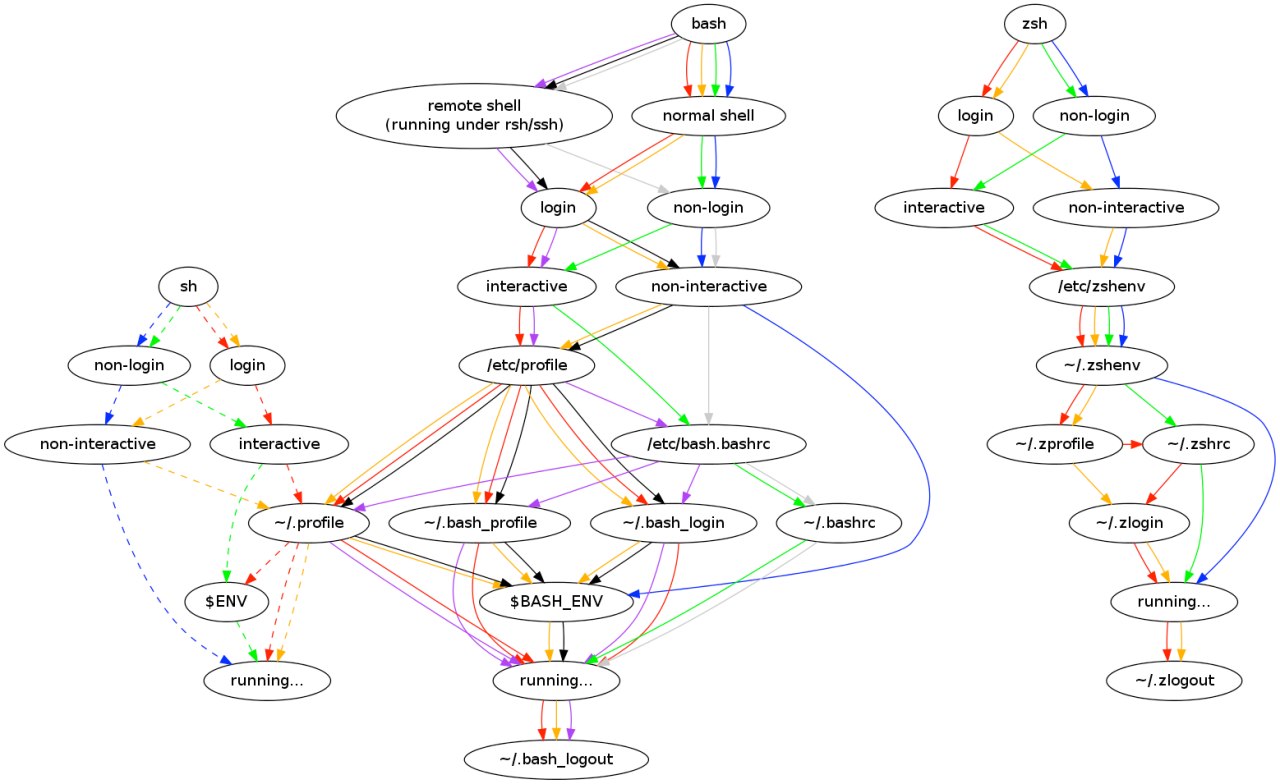

Heroic user here. You can use this feature to apply .exe patches:



Heroic user here. You can use this feature to apply .exe patches:



In my case, I didn’t see any advantages compared to public trackers. Users of private trackers are supposedly all so elite, but in reality they pay for seedboxes and try to be the first to download literally every new release to at least somehow support the ratio around 1.0.
Guys, while you seed all sorts of junk for the sake of who knows what, I seed really useful content on public trackers and have a ratio of 99.3, which in fact does not affect anything.
There are normal private trackers, of course, such as Milkie, but there are a lot of dead torrents there.
Using a system where they won’t even let you change the wallpaper is some special form of perversion.
DaVinci is kind of broken on GNU/Linux, it has audio lags and is missing some codecs.
I’ve never understood why GNU/Linux actually needs swap. Okay, I created a 4G partition for it, having 32G of RAM. I never used all that RAM, but even so, stuff regularly ends up in swap. Why does the OS waste write cycles on my SSD if it doesn’t have to?
However, if I artificially fill up all 32G of RAM, the system almost completely freezes faster than switching to using swap as a “lifeline”. And it only comes back to life when OOM Killer finally remembers its existence and kills some f__ing important process.
When I started learning programming, I was like “tf is a map function?” and I always forgot about it. Then I tried the functional programming language Erlang and understood all these functions very well. But there is a downside, now most for-loops in C++ look terrible to me :)


What about using enums? In this case you will have to specify them for all records, but this ensures that the field will always be present.
enum license_owner {
regular_citizen = 0,
embassy,
government,
...
}
deleted by creator
You can use tools like spotdl and yt-dlp to download songs from YouTube music and Spotify
To get quality like this https://youtu.be/cX4KA-AFS9M ? Nah thanks.
It would be better for your nerves to just do a normal GNU/Linux installation. There are too many ways the installation can go wrong:
replace swap partition with ISO contents
For example, Ubuntu ISO has a size of 5.7G. But my swap, which you previously deactivated, was 4G. Either 2G, or it didn’t exist at all.
move user data from C:/ to other partition
The other partition may not exist or may have capacity smaller than C:/.
replace C:/ with linux
The installed Linux must also be stored somewhere. And there is also a copy partition for C. The same problem of lack of space.
move user data to /home/$username
From %APPDATA%? You would have to be a know-it-all to resolve the location paths and configuration names of literally every existing program.
reboot into linux
And it is at this moment that Windows will completely randomly decide to update and rewrite the bootloader :)
In Elixir, we mark statuses by using a question mark at the end of the variable name. Something like this:
authorized? = user |> get_something() |> ensure_authorized?()
I like this better than the is_ prefix
so not sure why you think one or the other is less complicated
Because of this:

And some note by the author of the scheme:
Unfortunately, the operation of bash startup scripts is dependent on patches added by OS distributions
Why should I guess at the tea leaves instead of just using deterministic zsh?
console.log() is really easy to learn, but what happens after that is a complete “wtf”
Bash has a very strange sequence of sourcing scripts like .bash_profile and others, and the type of shell (interactive or not) adds fuel to the fire. There is no chance to sort through this bunch of init files in order to correctly and conveniently set up environment variables. In zsh, only 3 files are needed for proper configuration; it couldn’t be easier.
Why don’t you just remove all plugins and use standard zsh? All sorts of oh-my-soy are not really needed.
Working link: https://ddiidev.github.io/Json2V/
The language idea is good, but: THREE.WebGLRenderer: A WebGL context could not be created. Reason: WebGL is currently disabled.
Seriously? Why do I need WebGL to read TEXT in docs? :/
Matrix sucks, it always loses some chat messages when the client is closed and sometimes it says something like “hey dude something is wrong with your session, log out and use your security key to get access again and don’t lose everything”.